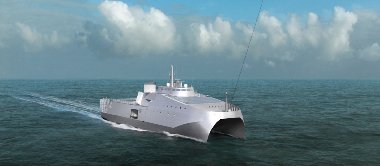Zhao, M. Ji (2022) Development of methods for prediction of CHF in water cooled reactors using machine learning PFE - Projet de fin d'études, ENSTA.
Fichier(s) associé(s) à ce document :
| PDF 502Kb |
Résumé
Critical heat flux (CHF) is a critical parameter in thermal–hydraulic phenomena. Over the decades, an accurate CHF prediction has been pursued to optimize nuclear reactors’ design and safety. The 2006 Groeneveld Lookup table (LUT) is a credit way to predict CHF based on a large amount of database. Now, the critical heat flux (CHF) model based on the SVR machine learning model is established, along with the model based on the Xgboost model, as well as a back-propagation (BP) neural network model. The hyper parameters are tuned to get the best performance model. Compared with the experimental tests from the KTH Lab, the SVR model achieved the highest 0.95 R2 score, while xgboost and neural network get 0.9 R2 score and 0.49 R2 score, respectively. The comparisons show that the SVR model can achieve better accuracy and generalization than the xgboost, BP NN (neural network) model, and LUT table.
| Type de document: | Rapport ou mémoire (PFE - Projet de fin d'études) |
|---|---|
| Mots-clés libres: | Machine Learning, Critical Heat Flux, SVR, XGBoost, Neural Network Regression, 2006 Groeneveld Lookup Table |
| Sujets: | Sciences et technologies de l'information et de la communication |
| Code ID : | 9270 |
| Déposé par : | Ji ZHAO |
| Déposé le : | 06 oct. 2023 16:24 |
| Dernière modification: | 09 oct. 2023 12:29 |








